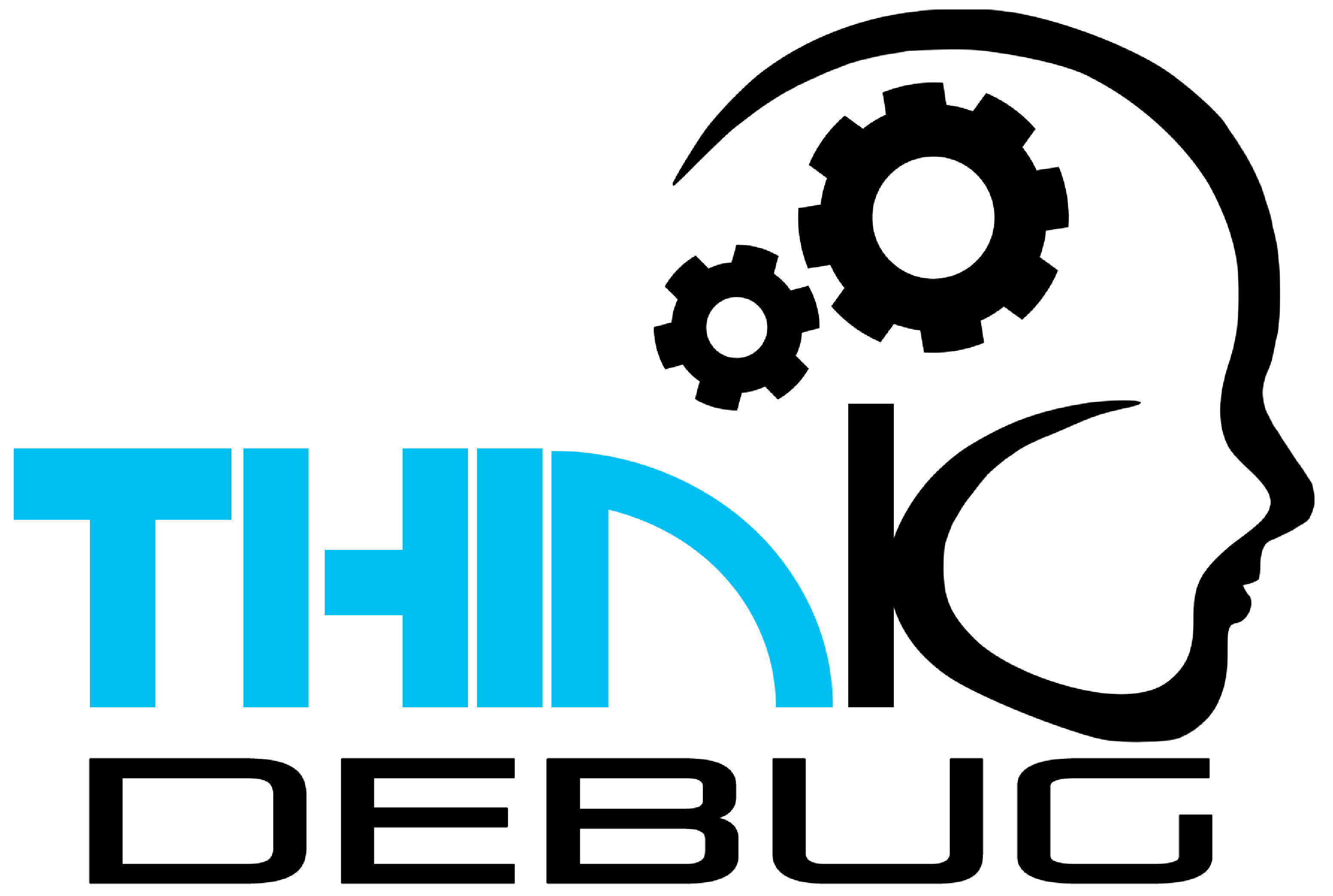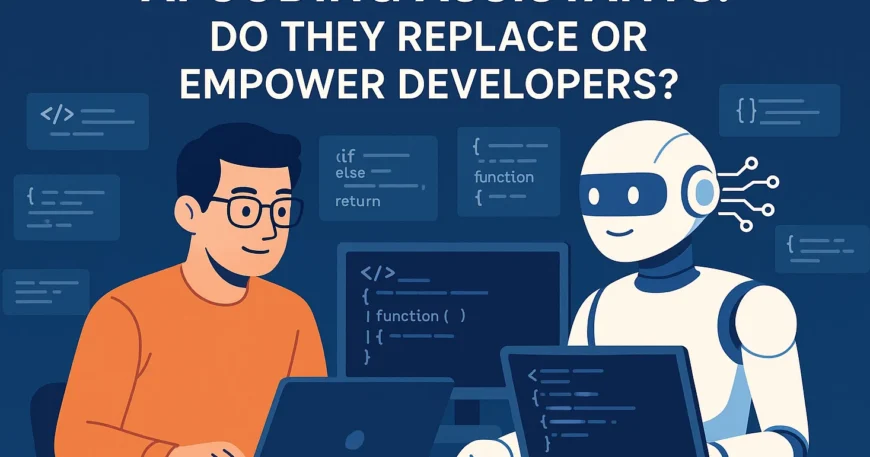Artificial Intelligence (AI) is no longer just a buzzword—it’s reshaping how businesses operate, how products are built, and even how code is written. Among the most fascinating innovations are AI coding assistants like GitHub Copilot, Amazon CodeWhisperer, and ChatGPT Code Interpreter. These tools have sparked a hot debate in the developer community:
Are AI coding assistants replacing developers, or are they empowering them to be more productive?
The answer lies somewhere in between. Let’s dive deeper.
What Are AI Coding Assistants?
AI coding assistants are software tools powered by machine learning models trained on vast amounts of code. They can:
- Suggest snippets of code as you type.
- Auto-complete functions, variables, and syntax.
- Detect bugs and vulnerabilities.
- Generate documentation.
- Even explain complex pieces of code in plain English.
In short, they act like a smart collaborator sitting beside a developer.
The Case for Empowering Developers
1. Boosting Productivity
Repetitive coding tasks like writing boilerplate code or debugging minor errors consume valuable time. AI assistants can handle these instantly, allowing developers to focus on solving complex business problems.
2. Accelerating Learning
For junior developers, AI assistants serve as a real-time tutor. By showing relevant code suggestions and explanations, they help beginners grasp new concepts faster.
3. Enhancing Collaboration
AI can bridge knowledge gaps between teams. For example, a front-end developer can get quick backend code suggestions, making cross-functional collaboration smoother.
4. Reducing Human Errors
AI coding tools can catch common mistakes before they make it into production. They act as an extra layer of quality assurance.
The Limitations (and Risks)
While the benefits are clear, AI coding assistants are not without drawbacks:
- Lack of Context: AI may suggest code that is syntactically correct but contextually irrelevant.
- Over-reliance: Developers may become too dependent, reducing their problem-solving skills.
- Security Concerns: AI-generated code may introduce vulnerabilities if not carefully reviewed.
- Intellectual Property Issues: Since AI models are trained on public repositories, copyright and licensing challenges arise.
Do They Replace Developers?
Short answer: No.
AI coding assistants cannot replace the creativity, problem-solving, and contextual understanding that human developers bring to the table. Writing code is not just about syntax—it’s about understanding business goals, designing scalable systems, and solving real-world problems.
Think of AI assistants like calculators for programmers: they make tasks faster and easier but don’t eliminate the need for expertise.
The Future: A Partnership Between AI and Humans
The future of software development will not be “AI vs. developers” but AI with developers. Companies that embrace AI assistants can expect:
- Faster project delivery.
- Higher-quality code.
- Developers who are free to innovate instead of wasting time on repetitive tasks.
In fact, developers who know how to work with AI coding assistants will be in higher demand than those who resist them.
Final Thoughts
AI coding assistants are not here to replace developers—they are here to empower them. Like every technological revolution, the winners will be those who adapt and leverage these tools to build smarter, faster, and more innovative solutions.
At ThinkDebug, we believe the future of development is collaborative—between humans and AI. The right balance can unlock new levels of efficiency and creativity, helping businesses thrive in a competitive digital world.





